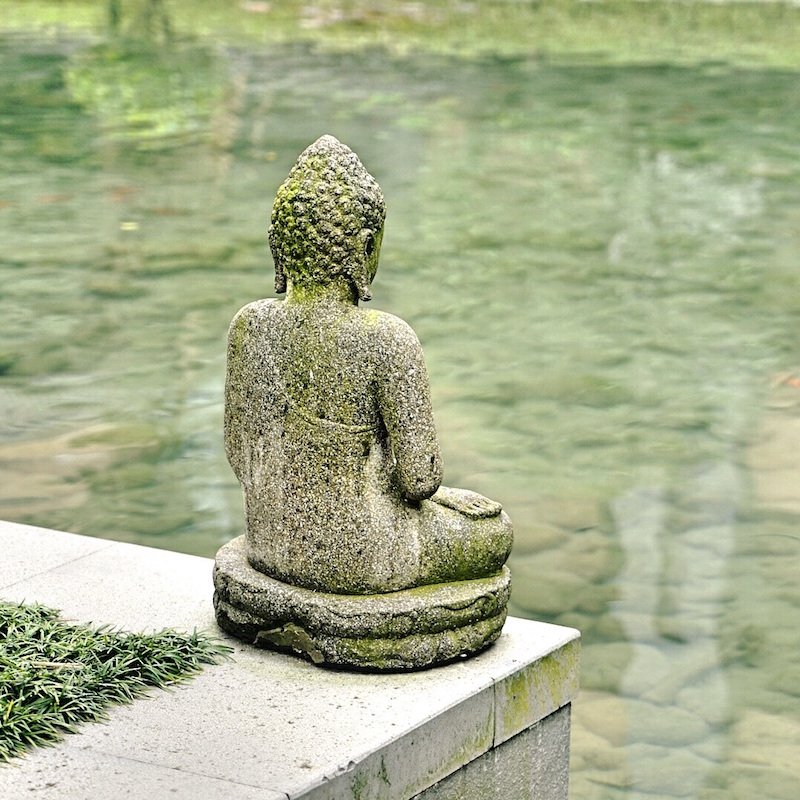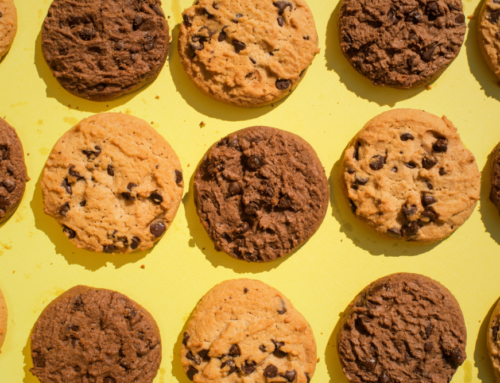 The reaction to my latest On Nutrition column, “Has your diet become your religion? How to balance your food choices,” has been interesting, as I suspected it would be. I’ve had some lovely emails, and a few that were, well, less lovely. Not surprising, since food and religion are both hot-button topics for some.
The reaction to my latest On Nutrition column, “Has your diet become your religion? How to balance your food choices,” has been interesting, as I suspected it would be. I’ve had some lovely emails, and a few that were, well, less lovely. Not surprising, since food and religion are both hot-button topics for some.
I heard about Alan Levinovitz’s book “The Gluten Lie: And other myths about what you eat” last year, and put it on my mental to-read list, which is a very long list indeed. It quickly moved up to the top of my list once I listened to interviews he did with a few of my favorite dietitian podcasters:
- On Body Kindness with Rebecca Scritchfield (Episode 16: Religion and Diet Culture)
- On Food Psyche with Christy Harrison (Episode 94: How to Leave the Religion of Dieting)
I have long known that how some people feel about their diets (and by “diet” I mean “eating pattern,” not necessarily “weight loss diet”) goes well beyond nutrition. That’s why I’ve written about issues like orthorexia, clean eating (additional blog post) and detox diets. But I don’t have a religious background, let alone a degree in religious studies. To hear Alan, who is a religious scholar, articulate the parallels he sees between religious dogma and dietary dogma, was most intriguing. I felt like we were on the same page, but he could examine and frame the issue in a way I could not.
Psychobabble? Phooey!
One of the criticisms I received from a reader was that my column was “psychobabble” and that Alan isn’t a nutrition expert. (OK, that was two criticisms.) Well, Alan doesn’t claim to be a nutrition expert, and he isn’t acting as one. What he does do is offer an analysis of how beliefs often guide our food choices, and how those beliefs aren’t necessarily based on science. As for the psychobabble part, anyone who thinks that nutrition is just about choosing the “right” foods based on current nutrition science doesn’t know much about how people actually eat.
Most people bring a lot of mental, emotional or psychological baggage to the table with them. That baggage holds a lot of beliefs, not just beliefs about which foods are “best,” but beliefs about who they are as a person based on what and how they eat—and often whether they are a “good” or “bad” person. Correct me if I’m wrong, but isn’t morality supposed to be part of religion? Why does it bleed over into nutrition?
Spreading the Message
Anyway, after several rounds of fist pumping the air while reading “The Gluten Lie,” I decided that I wanted my patients to read it, too. I see so much confusion, so many questions, about what nutrition information to believe from the world outside my office, I felt that Alan’s book would offer some much needed perspective. I’m excited to discuss it with a group of my patients this week at our book club.
Note: This post contains affiliate links.






